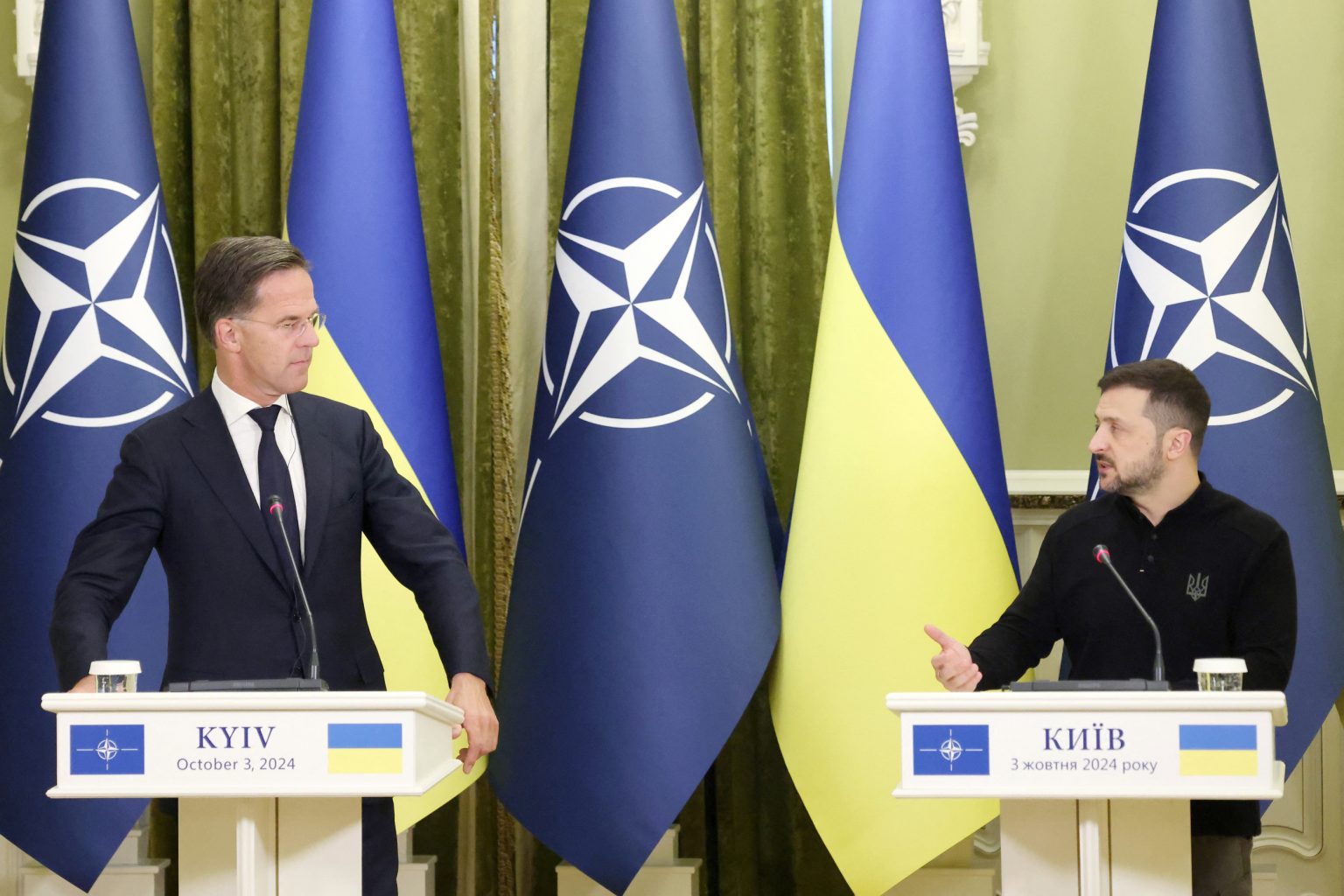Hungary’s Minister of Foreign Affairs and Trade, Peter Szijjarto, warned that granting NATO membership to Ukraine would lead to World War III, citing the mutual self-defense clause in Article 5 of the North Atlantic Treaty. He stated that most other NATO foreign ministers share this view, as it would create a dangerous situation. Hungary firmly opposes Ukraine’s NATO membership and believes it should not be allowed to join the alliance.
Ukraine applied for fast-track NATO membership in September 2022, following Russia’s invasion and annexation of Ukrainian territories. Many NATO member states, especially those in Eastern and Central Europe, support Ukraine’s candidacy and its path to full Euro-Atlantic integration. However, Russian President Vladimir Putin has cited NATO’s expansion as a reason for the conflict in Ukraine, insisting that Kyiv must abandon its NATO bid and cede certain regions for peace talks to proceed. NATO Secretary-General Mark Rutte has expressed support for Ukraine’s security and stated that the alliance stands with the country against Russian aggression.
NATO leaders have pledged to support Ukraine’s efforts for full NATO integration once it completes the necessary economic, security, and democratic reforms. However, the decision on Ukraine’s membership ultimately lies with the member states reaching a consensus. Ukrainian President Volodymyr Zelensky has called for NATO members to allow the deployment of weapons against deeper targets in Russia, a proposal that has not been fully embraced by Washington and other NATO allies due to concerns about escalating the conflict further.
The debate over Ukraine’s NATO membership and the implications for regional security continue to be key issues in the ongoing conflict in Eastern Europe. Hungary’s opposition to Ukraine joining NATO reflects broader concerns about triggering a wider conflict, while other member states are supportive of Ukraine’s aspirations for Euro-Atlantic integration. The diplomatic efforts and statements from NATO, Russia, Ukraine, and other key actors highlight the complexities and challenges in finding a peaceful resolution to the crisis in the region.
As tensions persist and military actions continue in Ukraine, the international community remains divided on the best approach to resolving the conflict. Ukraine’s fast-track application for NATO membership has raised new questions about the alliance’s expansion and its implications for regional stability. The statements from Hungary’s foreign minister and other NATO officials underscore the gravity of the situation and the need for careful diplomatic efforts to prevent a further escalation of hostilities.
Overall, the debate over Ukraine’s NATO membership remains a contentious issue that has the potential to impact global security and stability. Finding a path to peace and resolution in Eastern Europe requires cooperation, dialogue, and a commitment to diplomatic solutions from all parties involved. The statements from Hungary’s foreign minister serve as a stark warning about the potential consequences of certain actions in the region, highlighting the need for thoughtful and strategic decision-making to prevent further conflict and violence.


